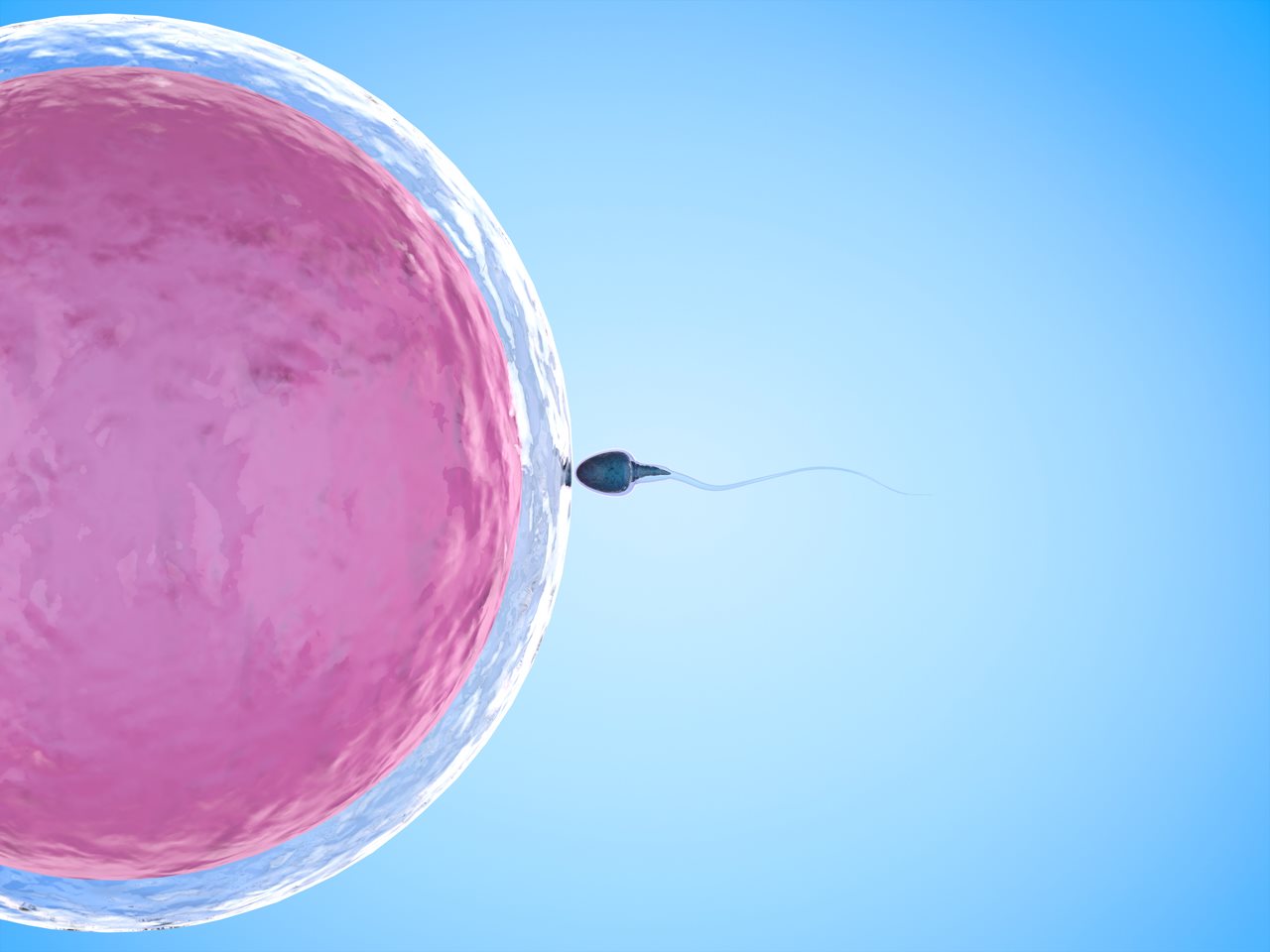(BPT) – Written by: Dr. Sina Abhari, Medical Director and board-certified reproductive endocrinology and infertility specialist at CCRM Fertility of Newport Beach
With studies reporting a significant decline in sperm counts across the globe, fertility health has been a top-of-mind concern for many men in recent years. In fact, a recent survey of 1,000 men, ages 25-54, found that nearly 40% of men are currently concerned with their fertility health.
While some causes of male fertility are genetic or structural and require help from a fertility doctor, there are lifestyle considerations and changes you can factor into your everyday routine to improve your wellness and optimize reproductive health.

Here are some tips to help improve male fertility:
1. Maintain a healthy weight
Having a higher body mass index (BMI) may have a negative impact on sperm production. Research suggests that if your BMI is on the higher side, you might be at a greater risk of experiencing fertility issues and sometimes pregnancy outcomes are negatively impacted. So, it’s worth keeping an eye on your BMI and taking steps to maintain a healthy weight if you’re planning to start a family. Focus on eating well-balanced meals, exercise three to four days a week, and aim for a BMI between 21 to 26.

2. Eat a nutritious diet
Consume a diet rich in fruits, vegetables, whole grains, lean proteins, and healthy fat and include foods high in antioxidants, such as berries, leafy greens, nuts and seeds, which can help protect sperm from damage. Certain vitamins and supplements can also affect sperm health. Taking a multivitamin can provide additional antioxidants such as zinc, selenium and vitamin C — all of which are used by the testes to support sperm production.

3. Avoid tobacco
Smoking tobacco can take a serious toll on your overall health and wellness, and this includes negatively impacting your fertility. A meta-analysis of 20 studies with 5,865 participants found that smoking tobacco reduces sperm count and motility (how the sperm move/swim). If you smoke and are trying to conceive, it is time to kick the habit. Here are some tips from the CDC on how to quit smoking.
4. Consume alcohol in moderation
Excessive alcohol consumption can lower sperm counts, lower testosterone, and can disrupt reproductive hormone balance. So, what amount of alcohol is considered okay? The results from studies are inconsistent and there is no one study that gives direction on how much alcohol you should drink before your fertility is negatively impacted. But generally, fertility specialists recommend consuming less than four to six glasses of wine (or the equivalent) a week.
5. Exercise regularly
Some studies show that getting regular physical activity can increase testosterone levels and better sperm quality. However, excessive exercise may have a negative impact, so strike a balance.

6. Limit heat exposure
Avoid prolonged exposure to high temperatures, such as hot tubs, saunas, or tight-fitting underwear, as they can raise scrotal temperature and affect sperm production.
7. Minimize exposure to toxins
Reduce exposure to environmental toxins and chemicals that can harm sperm, such as pesticides, heavy metals, and certain workplace chemicals. Use protective clothing and follow safety guidelines if you work in a potentially hazardous environment.

8. Get enough sleep
Sleep deprivation has been correlated with a number of health concerns, including male fertility problems. Sufficient rest (aim for seven to eight hours each night) promotes hormonal balance and overall well-being.

If you’re concerned about your fertility, it is best to consult a fertility specialist. They can provide a thorough evaluation and recommend appropriate treatments or interventions based on your specific situation.








